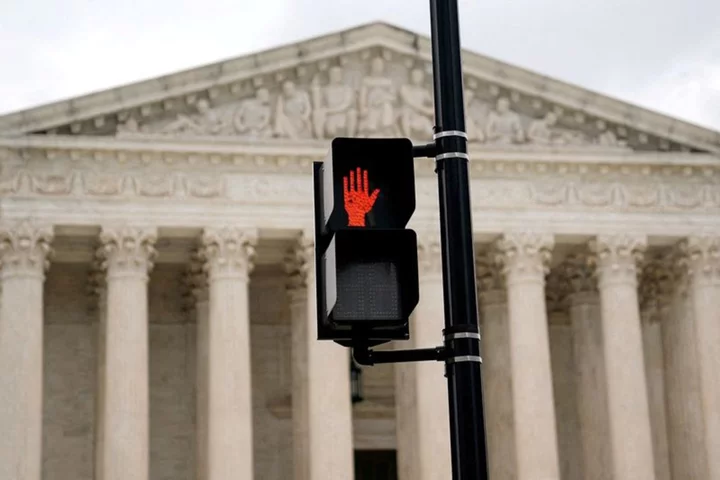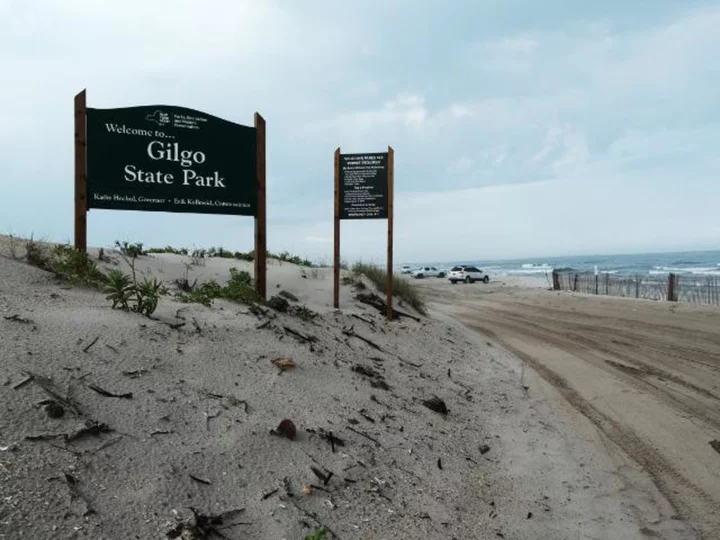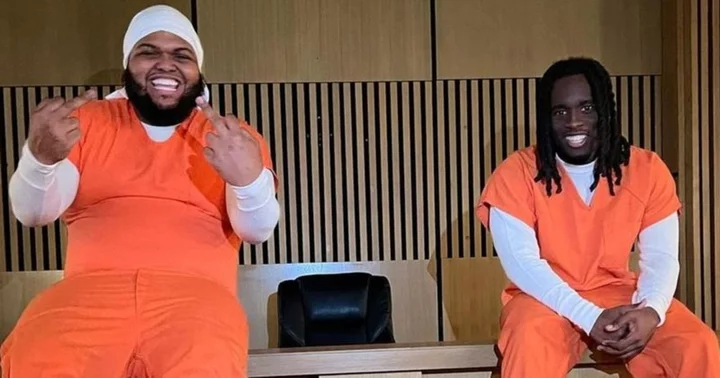By John Kruzel
WASHINGTON The U.S. Supreme Court on Monday declined to decide whether requiring criminal defendants to pay a fixed amount of cash bail to secure their release from jail before trial violates the U.S. Constitution.
The justices turned away an appeal by Bradley Hester of a lower court's ruling that upheld Cullman County, Alabama's cash bail system. Hester was required to remain in jail following a misdemeanor arrest because he could not afford to make a $1,000 bail payment.
Hester joined a lawsuit against Cullman County Sheriff Matthew Gentry and other officials in 2017 following his arrest and detention for possessing drug paraphernalia. He argued that jailing defendants due to their inability to pay bail violated the constitutional guarantee of equal protection under the law, and ran afoul of the presumption of innocence that defendants enjoy under the American legal system.
A federal judge in Alabama in 2018 temporarily blocked Cullman County's bail practices, ruling that Hester was likely to prevail on his claim that the county's "discriminatory bail practices deprive indigent criminal defendants in Cullman County of equal protection of the law." But a divided 11th U.S. Circuit Court of Appeals panel in 2022 reversed that ruling, prompting Hester's appeal to the Supreme Court.
A group of legal scholars with expertise on bail practices had urged the justices to take up the case, arguing in a friend-of-court brief that the American legal tradition protects the right to liberty before conviction.
Bail reform advocates say that, in addition to a defendant being deprived of freedom, jail inmates can also be exposed to violence and disease, suffer loss of employment and housing, and may be coerced into pleading guilty to secure their release.
(Reporting by John Kruzel; editing by Jonathan Oatis)









